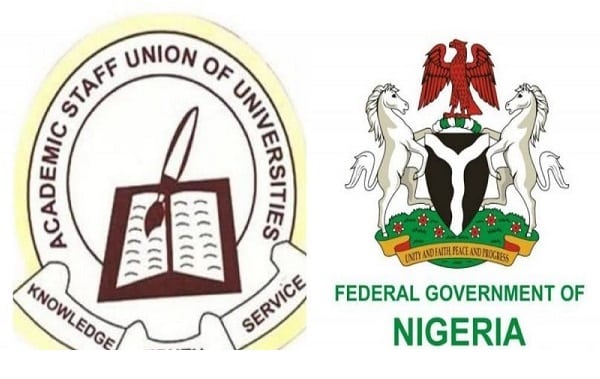The Academic Staff Union of Universities (ASUU) in the Nsukka Zone has raised concerns about the Federal Government’s ongoing neglect of issues affecting Nigeria’s university system. According to the union, if these issues remain unresolved, another strike may be inevitable.
In a statement made on Wednesday in Makurdi, ASUU Nsukka Zonal Coordinator, Raphael Amokaha, expressed the union’s frustration. He explained that despite suspending the 2022 strike out of a desire for harmony in the education sector, the government’s lack of action on key matters may force them to strike again.
“The union has done everything possible to avoid disruptions in our public universities, seeking peaceful solutions to the problems at hand,” said Amokaha.
Reflecting on the events leading up to the 2022 strike, Amokaha criticized the government’s refusal to honor a previously negotiated agreement, instead offering a unilateral proposal, leaving the union no choice but to take action.
“We were pushed into the 2022 strike because of the government’s stance. After years of negotiations (2017-2022) under multiple government-appointed chairs, the agreement was dismissed, and we were left with no real option,” Amokaha explained.
He also highlighted the worsening state of Nigeria’s university system, stating that the condition of the institutions and the welfare of their staff have barely improved over the past 15 years. According to Amokaha, ASUU’s repeated efforts to reverse this decline have been consistently ignored by the government.
“University staff are the only workers in Nigeria who haven’t had a salary review in over 15 years,” he pointed out.
Amokaha made it clear that if the government doesn’t engage sincerely and address the union’s long-standing demands, ASUU will have no alternative but to embark on another strike.
The union’s key demands include the completion of the renegotiation of the 2009 FGN/ASUU Agreement, based on recommendations from the Nimi Briggs Committee, the release of salaries withheld during the 2022 strike, and the payment of outstanding wages for staff affected by the Integrated Payroll and Personnel Information System (IPPIS).
Additionally, ASUU is calling for the release of withheld third-party deductions, increased funding for public university revitalization, payment of Earned Academic Allowances, and a review of the ongoing proliferation of universities by state and federal governments.
“The government holds the responsibility. If another strike happens, they will have only themselves to blame,” Amokaha concluded.


